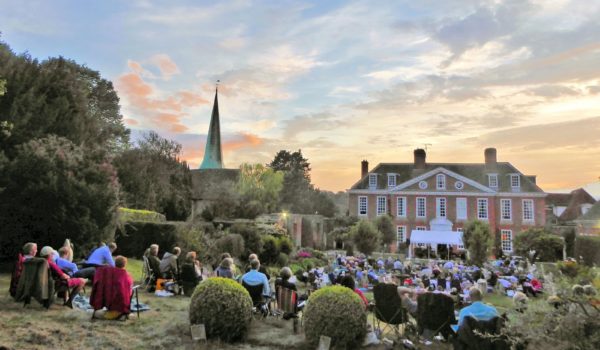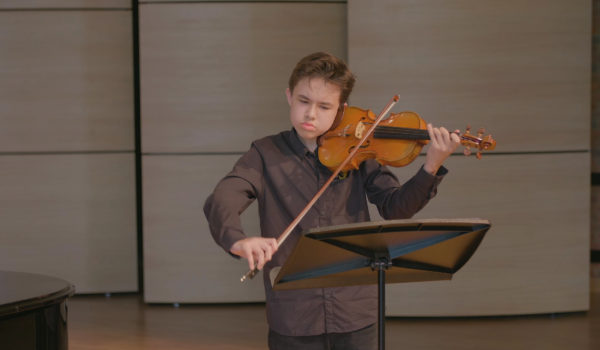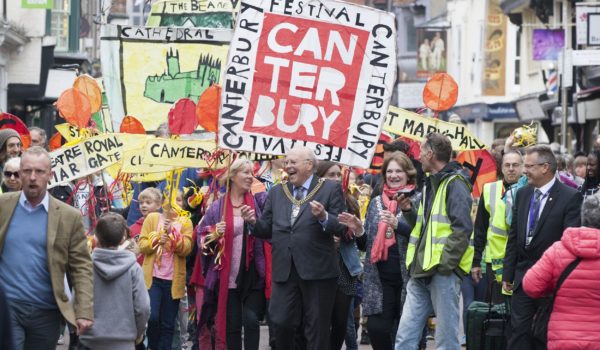The Festival’s in-house musicologist and multi-instrumentalist, Dr Alan Payne, recently contributed to The Canterbury Sound in Popular Music: Scene, Identity and Myth, a book by Asya Draganova, Shane Blackman and Andy Bennett. Having hosted bands including Caravan and more recently Syd Arthur over the years, we asked Alan to give us his thoughts on the Canterbury Sound.
Whether you are a long-term Canterbury resident or a comparative newcomer, the chances are you may not know that there is a brand of popular music associated with the area. Its name and notoriety have spread throughout the world; its devotees share memories of gigs and reviews of new bands on many online sites. Why, then, is the city not teeming with blue plaques and memorabilia?
The problem may be one of definition. At roughly the same time that Liverpool spawned the distinctive and driving Mersey Sound and declared itself a thriving scene, a phenomenon never associated with Canterbury, ex-Langton pupils formed The Wilde Flowers, part-covers band, part-experimental jazz combo. Sharing gigs with local bands now long-forgotten, but never recording commercially, The Wilde Flowers produced their own fusion of pop and free jazz in continuous sets designed never to give the audience the chance to stop dancing!
The music gathered momentum as Caravan, still performing today, formed with some of the same musicians but a more folk-based whimsical style on albums that, to many, anchors the Canterbury Sound. Caravan, like Soft Machine – a band that, to date, has endured more than twenty lineups and despite its constant Canterbury labelling formed in Dulwich – found recognition in London clubs and rarely played in East Kent.
Interest in the bands which, to some, formed a Canterbury Sound faded in the 1980s, subsumed within mainstream rock but revived with the creation of a specialist fan magazine, Facelift, towards the end of the decade. It was published in Manchester. Contemporary Canterbury Sound aficianados celebrate the success of the bands and their considerable legacy with no sense of place or, particularly, time. Fans will travel to hear Caravan; the musicians’ names remain well-known to those who support the band and their heritage. Canterbury itself rarely finds a mention.
Alan Payne


